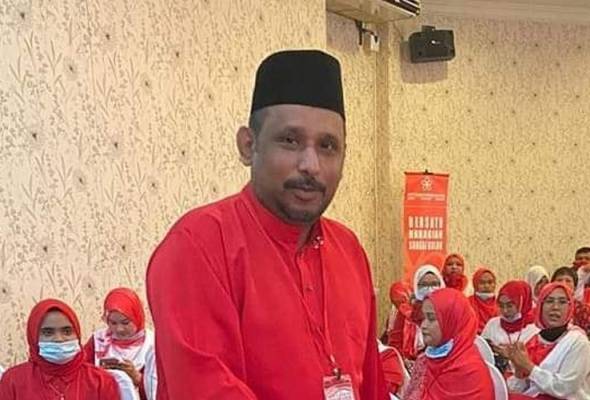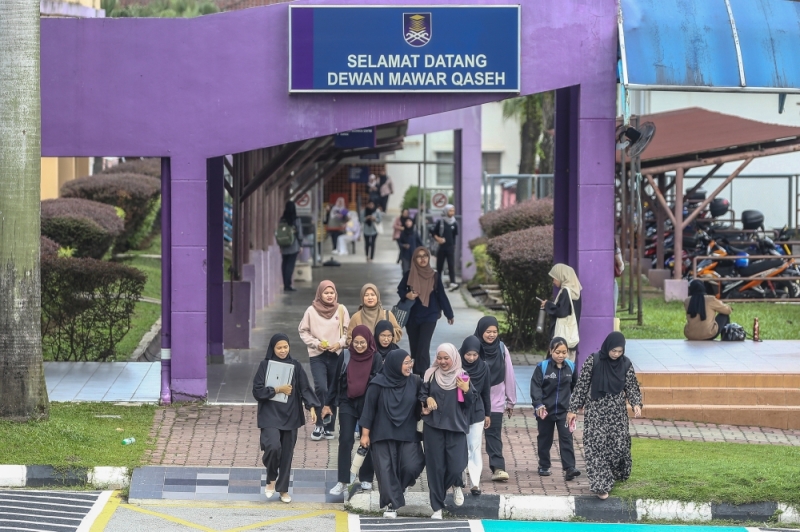By: Prof Ramasamy Palanisamy
SHANKER Shantiram’s fiery article on Indians brings to light the dilemma faced by them in the country. In his recent piece, he argued that the social, economic and political conditions of the Indians have not changed much after decades of subservience under the Barisan Nasional (BN).
Yes, a small segment of educated Indians have become successful doctors, engineers, corporate figures and information technology experts but the large majority are still mired in depressing working class conditions.
The question foremost in the minds of thinking Indians is whether there is any future for them in the country where the race to the bottom is apparent.
While the educated can always have the option to migrate, such an opportunity might not be available to poor Indians. Indians were subservient to the politics of the MIC for decades under the overall domination of UMNO.
It was the Hindu Rights Action Force (HINDRAF) Rally in November 2007 that brought into focus the sad and miserable plight of the Indian community. A community that sacrificed so much for the well-being of the nation but got so little in return.
The crime rate among Indians is high to the extent that the majority of the prisoners in detention camps are Indians.
Most of the SOSMA [Security Offences (Special Measures) Act of 2012] detainees are Indians, detained on the basis of mere suspicions of being involved in crimes.
The reformist government despite platitudes now and then has not done away with the dreaded and obnoxious SOSMA that replaced the Internal Security Act (ISA) and the Emergency Ordinance (EO) some years ago.
Presently, those detained under SOSMA are languishing in prisons awaiting trial. The waiting period might take months or years.
The famous HINDRAF Rally prompted Indians in general to shift their loyalty to the opposition in the 2008 general elections.
Droves of Malays, Chinese and Indians voted for the coalition of Pakatan Rakyat (PR) resulting in the capture of five states.
Such a development emboldened Indians to cement their political attachment to DAP, PKR in the subsequent coalition of the Pakatan Harapan (PH).
Without Indian support, PH would not have won the federal government in 2018 although it was a short-lived episode. The treachery hatched by those behind the Sheraton Move ignominiously brought the PH government down.
Again, Indian support was crucial for the unity coalition to capture federal power in the 15th General Election (GE15).
However, whether Indians will show the same enthusiasm towards PH in the coming state elections remains to be seen. They might have confidence in Prime Minister Datuk Seri Anwar Ibrahim but there seems to be an inexplicable gap between broad promises and implementation.
Even if the Indians make up seven percent of the total population of the country, they have a crucial presence in about 60 electoral constituencies.
In keenly contested seats, Indians might have a role in determining the winners or losers. This is the reason why they suddenly become kingmakers before elections.
After the elections, their pivotal role is forgotten. They cease to be kingmakers, but members of the depressed community, subject to discrimination both in ethnic and numerical terms.
Indians in short are in the most unenviable position. Praising Indians as kings makes no sense. Whether such a role for a limited purpose will have an impact on changing their lives for the better has no empirical basis.
The HINDRAF Rally and earlier labour struggles have shown that popular mobilisation might be a way to depict the sad predicament of Indians in the country.
There is hope that the Madani government might bring about the desired changes for the benefit of Indians.
However, such a belief might fizzle out if the gap between what is vaguely promised and what is actually implemented gets wider.
Alternatively, they have to adopt a more realistic role of depending on themselves to improve their lives and the lives of their children and grandchildren. – Aug 4, 2023
Prof Ramasamy Palanisamy is the former DAP state assemblyman for Perai. He is also the former deputy chief minister of Penang.
The views expressed are solely of the author and do not necessarily reflect those of Focus Malaysia.
Main photo credit: varnam.my










